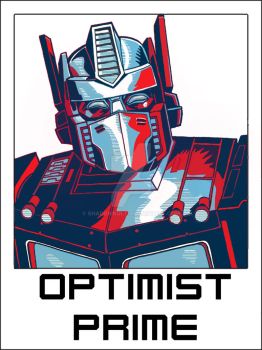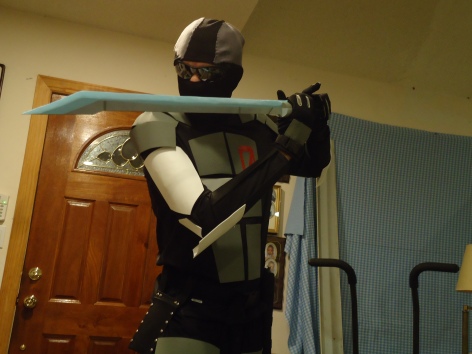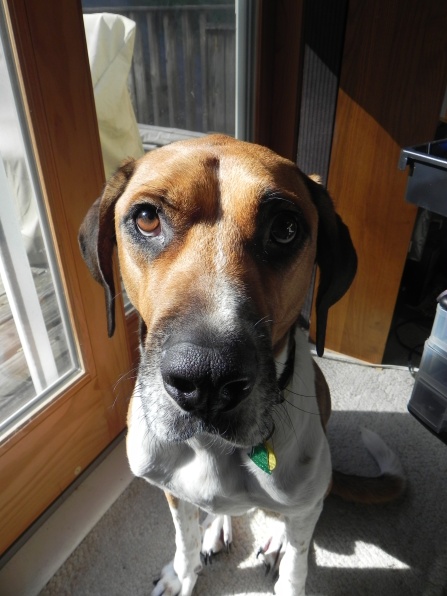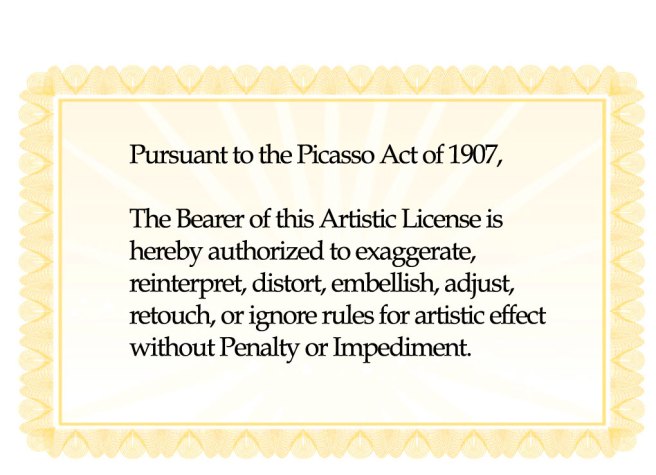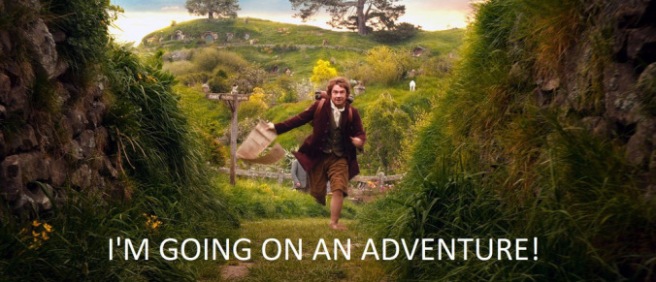Tim Pacciso entered the office of John Verum slowly; even the tap of his cane against the marble floor and the gentle clap of the door reuniting with its frame seemed to invite displeasure from the arched walls and vaulted ceiling. Instead of warming the room, the sunlight filtering in through the high windows served only to reflect at odd angles from the flecked walls, casting varying shades of noncommittal illumination across the floor. John beckoned him closer, his smile as faded as some of the shadows on the wall and his tone distorted by the echoes and emptiness. “Tim, please have a seat. How’s the leg?”
“We still have our disagreements, mostly about stairs and the like.” The wrinkles around his grin strained to pull his lips back from his teeth. “Any word from Vladimir?”
“The Minister of Mercy will not be joining us today I’m afraid,” he said with the loose interpretation of a frown upon his features.
“Must we be so formal with each other?” The austerity of the room’s ornate fixtures seemed to demand it.
“Well we must keep up appearances and all that. For the good of the public, you know.”
“Of course. ‘We are what is needed.’” Interjected Tim with the first line of their Oath. “Speaking of appearances, where is Felicia? It’s not like her to be late.”
“She isn’t. I asked you here to speak on that matter.”
“You mean Felicia? Or as you would say, the Minister of Regret?” The tension in his grin seemed to have found its outlet, manifesting itself in the tone just beneath his words.
“Indeed,” said John, his eyes acknowledging Tim’s intended message. “I fear she may have misinterpreted where her duties end and mine begin. I had hoped you could speak with her about it.”
“Why not ask her when she arrives?”
“You know how she can be. I would rather avoid being accused of manipulation.” John descended into the chair behind his desk with a sigh in tune with that of its upholstery.
“She believes the people have the power to avoid repeating the past,” replied Tim.
“The past is her concern, however the people are mine.” John abandoned his chair in favor of the view offered by the nearest window. His dark suit was thrown into sharp relief by the weak light from without. Tim bared the courtesy of a smile to John’s back before responding.
“The people know you as the Minister of Truth; and Truth should hold no agenda.”
“And they know you as Peace, but your leg and I know you’ve seen your share of other things.” The pretense of posturing was interrupted by the intercom on John’s desk crackling to life and jarring the surrounding air into vibration that seemed to upset the architecture as much as its occupants. “Minister Desderie is here to see you, sir.” He asked for Felicia to be sent up. Her delicate entrance was more readily tolerated by the surroundings, though her gentle attire clashed more harshly with the gargoyles roosting above. Confusion lit upon her features like the shadow of a butterfly flitting across a blanket of snow.
“I thought I was early, I hope I haven’t missed anything.” The warmth of John’s half smile was eclipsed Tim’s broad grin.
“Not at all, John was about to give us his report on the incident in the south.” Her smile strained the subdued boundaries of her surroundings as she acknowledged John before taking her seat.
“The unrest is worse than anticipated,” he began. “There is a real threat of violent uprising from the loyalists who refuse to recognize our authority. The presence of troops was not well received.” The reminder of the past had brought a sour taste to their collective palates. Time had not bettered, nor tempered this draught.
“Are you surprised by this?” asked Felicia. “In the old days that region only held personal loyalty to the King. We advisors were treated with tolerance at best. Now that he’s gone they feel that bond has been broken.” The words seemed to crack something within her. For a moment the dam let forth a single tear. It was quickly wiped away and the dam repaired once more. “We cannot send Vladimir while troops are still deployed.”
“The locals will feel they are being strong armed into peace talks,” Tim agreed. “But I’m not sure my troops can be withdrawn safely at this point.” The silence protested to being broken by the tap of John’s finger upon his desk.
“For now have your men hold their positions. Vladimir will speak with the neighboring regional leaders.”
“You cannot send Vlad to incite civil unrest!” Felicia’s outburst overwhelmed the constraints of the room’s sense of propriety. “The other leaders will not stand for it, and an occupation will be viewed by our people as an act of imperialism.”
“A prolonged occupation is not a solution.” Tim’s voice showed the first hint of conviction since he had entered the office, as if it had been shaken loose by Felicia’s statement. “The influences of Peace and Mercy must not overlap. You know that, John.”
“Vladimir is already on his way,” he said before turning toward Felicia. “And I will relay the message to the people.” He seemed to falter under her gaze. “I will not lie to them. The truth is we are taking necessary measures to diffuse a volatile situation.”
“If there is nothing further, I must return to my men.” The mask where Tim’s face once resided was fixed, showing signs of all too frequent wear. It bore Felicia’s looks in silence as the man stood with his cane and left the office. A whirlwind of an assistant nearly unbalanced him at the base of the spiraling staircase, circling upwards and into John’s office. Before the door closed he was replaced by Felicia, descending and stirring the air with her displeasure before it had a chance to settle. Tim did not attempt to soothe the storm as it passed, bearing its force without meeting its eye. The oak doors shut letting forth a fanfare as if she too were bound for a battle.
Tim composed himself and followed in her path when the assistant burst forth from John’s office, whirling like the back end of a hurricane as he descended. When he was within hailing range Tim flagged him down, waiting for the winds to die down. “What’s the matter son?”
“I’m afraid this matter is classified,” he stuttered shuffling his papers to better prepare them to be disturbed again.
“Even to the Minister of Peace?” His cane raised the boy’s chin until their gazes met and the boy’s proved the weaker.
“My apologies Mr. Pacciso, I didn’t realize it was you…”
“What is this about?”
“It’s the Minister of Mercy, he’s dead!”
“What? How did this happen?”
“His caravan was attacked. I’m not sure where he was going.” Tim’s frame shook with a moment of rage before deflating.
“As you were.” The boy nodded, relieved the messenger wasn’t to be shot this time.
“Damn you John.” He lit his pipe and took a puff as the smoke replaced the doubts and suspicions crowning his head. “I suppose those devils in the south won’t refer to us as the Four Horseman anymore.”
“What was that sir?”
“The words of a man who shouldn’t exist, uttered from the mouth of the man he should be.”

